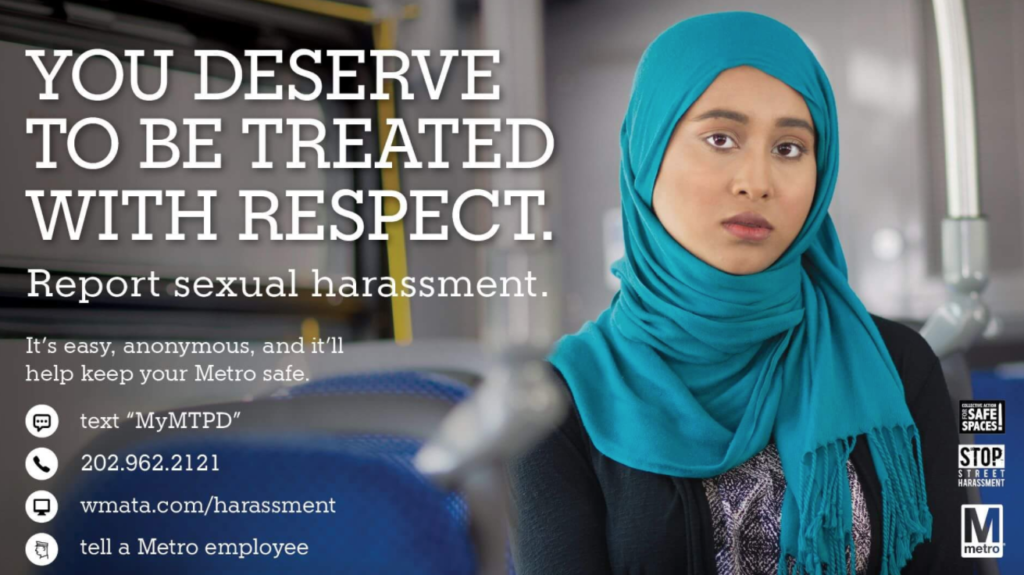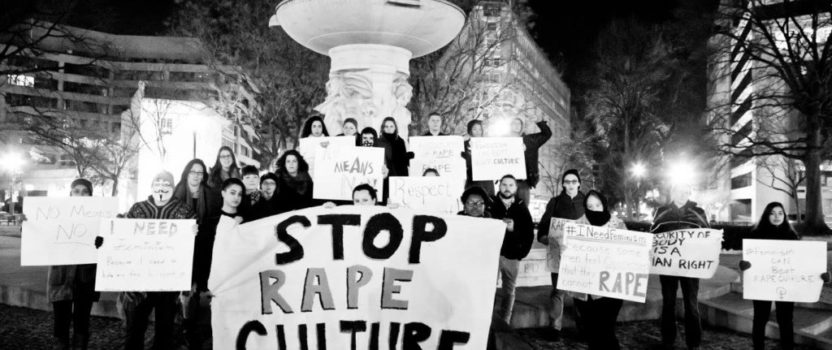The World Is Burning. Here’s a Survival Manual.
Now, more than ever, our work to build safe public spaces is critical. This week has been difficult — even terrifying — for many of us. We’ve seen a spike in reports of harassment across our city and across the nation, especially targeting people of color, LGBTQ and gender nonconforming people, and people who are part of multiple marginalized groups. But we are energized by the outpouring of support from our community.
As violence has surged, so has our base of support.
Since November 9th, nearly 40 new people have joined our email list, hundreds of dollars in donations have come in to fund our advocacy, and many of you have expressed interest in working with us to make our city safer.
We’re going to need all of the help we can get. Join CASS.
We are committed to empowering our community to speak out against harassment and build public spaces where everyone feels respected and safe.

If you witness someone being harassed, there are a number of simple, non-confrontational ways to respond and de-escalate the situation. Here are three tips to safely intervene to stop harassment:
- Ask if they’re OK. Three simple words —“Are you okay?” — can let someone who’s being targeted know that there are people around who support them, while telling the harasser that bystanders are watching a
 nd their behavior isn’t acceptable.
nd their behavior isn’t acceptable.
- Call out the harasser’s behavior. Loudly name the behavior, state that it won’t be tolerated, and tell them what you want them to do instead. “You’re harassing them about their headwear, and it’s not okay. Go stand over there.” Calling it out loudly can also bring attention from other bystanders, giving them additional information that may encourage them to step in as well.
- Use your body to create a physical barrier. If you feel safe doing so, stand in between the harasser and their target to make space between them, like the Pringles guy who used his physical presence to separate two people on a New York City subway train from fighting.
At CASS, we want to build a community where everyone feels responsible for keeping each other safe. We encourage you to respond in a way that makes you feel safe and the most awesome. In the moment, it can be hard to come up with a quick and direct response. The experience can feel unsafe, frustrating, or triggering. That’s why we teach these skills and why we practice! Learn more strategies for responding to harassment by requesting a workshop here. If you experience harassment, share your story. Our blog collects data on harassment across DC, so we can offer support and advocate for citywide solutions. In many cases, discriminatory harassment in places of public accommodation can be reported to the Office of Human Rights and lead to mediation.
Men: Stopping harassment is your work, too. Join us this Thursday for a Twitter chat on promoting healthy masculinities.
More than ever, it’s important for us all to stand up for the rights of those who are most likely to face harassment and violence. We hope you will join us.

